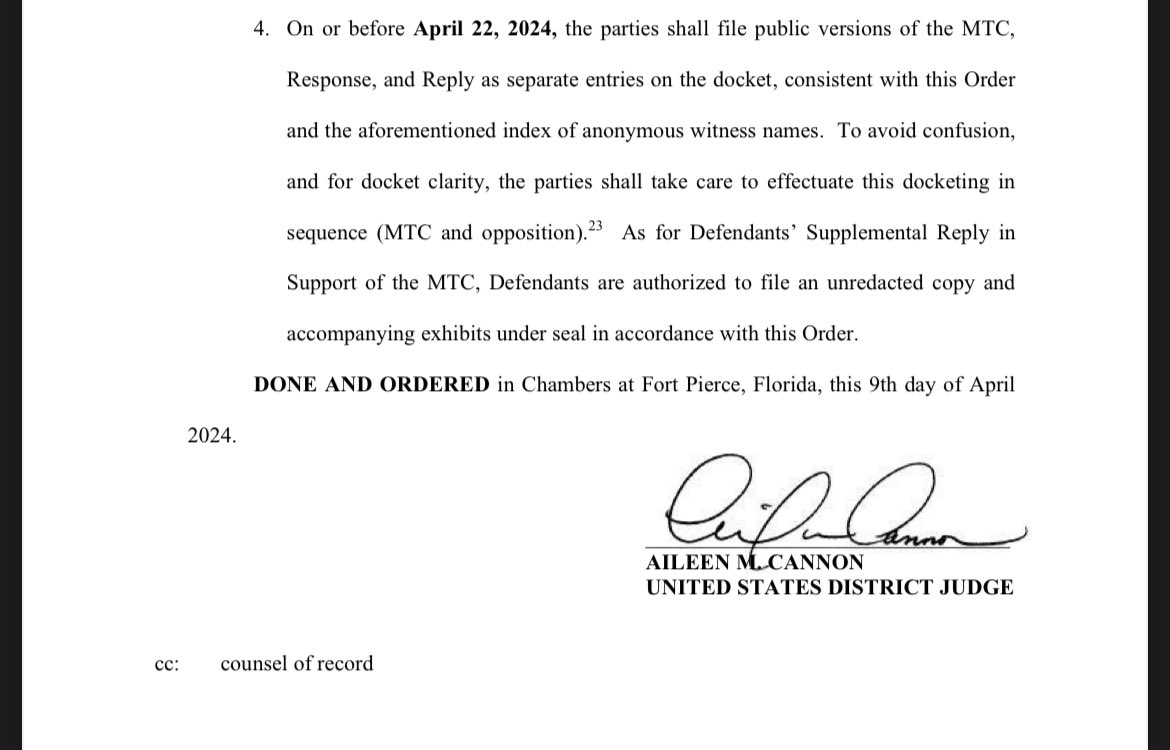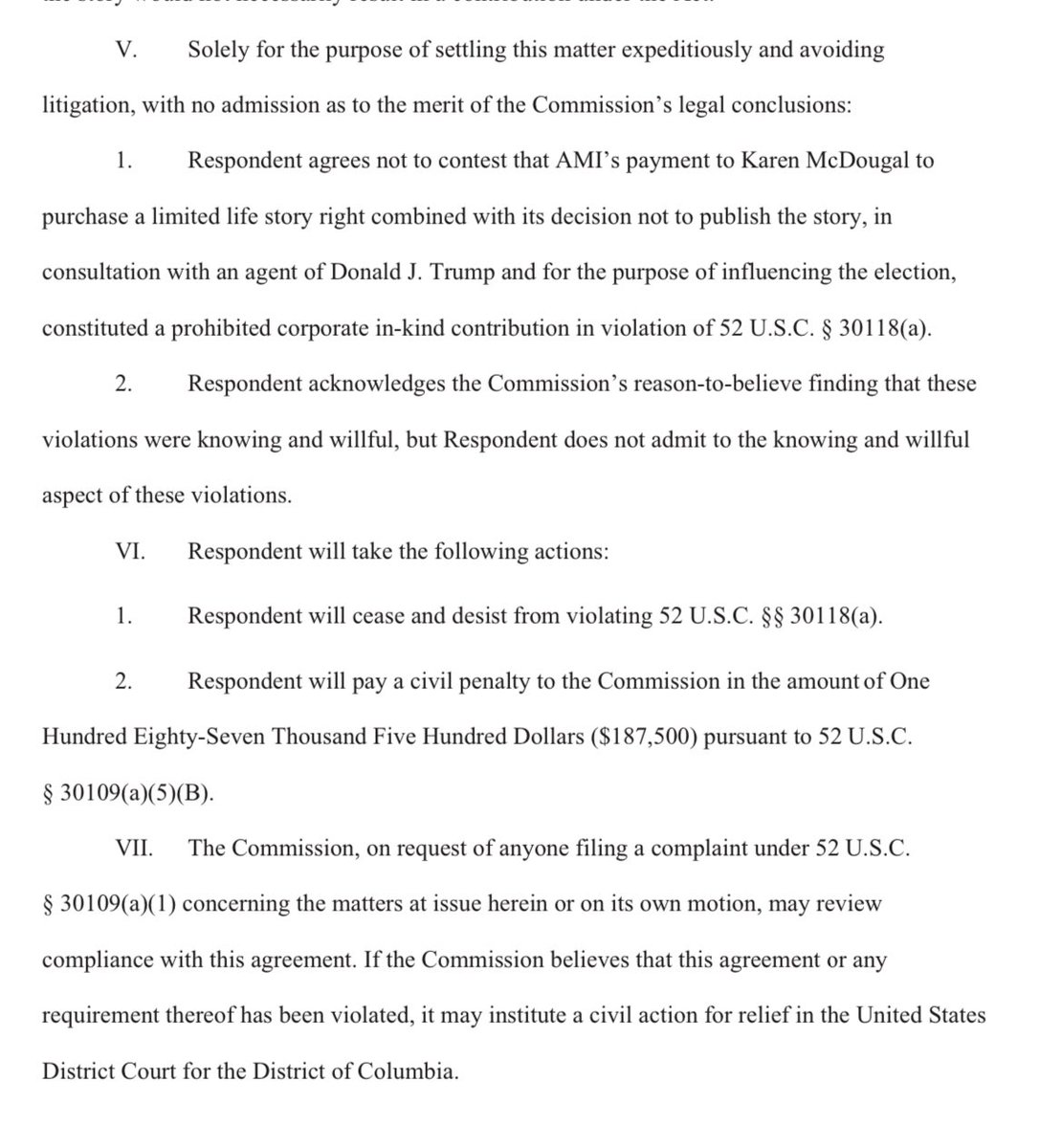I’ll be watching three legal stories unfold Monday: the real opening of the Manhattan DA’s trial; the hearing on whether to cancel Trump’s $175 million bond; & the public filing of witness statements in the MAL docs case. 

But the thing I keep thinking about is who the first witness will be. And if I’m telling this story chronologically, the person I’d call first is this guy on the right, former American Media chairman David Pecker: 

According to the Manhattan DA’s statement of facts accompanying the indictment, the story begins with Trump’s infamous ride down the elevator in June 2015, when he declared his candidacy for president.
But “soon after,” in August 2015, Trump and Cohen met with Pecker, who offered to serve as the campaign’s “eyes and ears” to help Trump—and hurt his rivals—through the National Enquirer’s coverage. 

That American Media made good on its promises is important, especially since it admitted to certain conduct through a non-prosecution agreement with DOJ in 2018 and this “conciliation agreement” with the Federal Election Commission in 2021: 

But even more significant? Pecker can testify that Trump not only understood but heartily endorsed his publication’s offer to “catch and kill” negative stories about him, especially as they pertained to Trump’s alleged extramarital affairs.
And given how few people outside Michael Cohen directly communicated with Trump about the scheme at issue, Pecker’s testimony could be critical in establishing Trump’s intent and knowledge. FIN.
• • •
Missing some Tweet in this thread? You can try to
force a refresh




